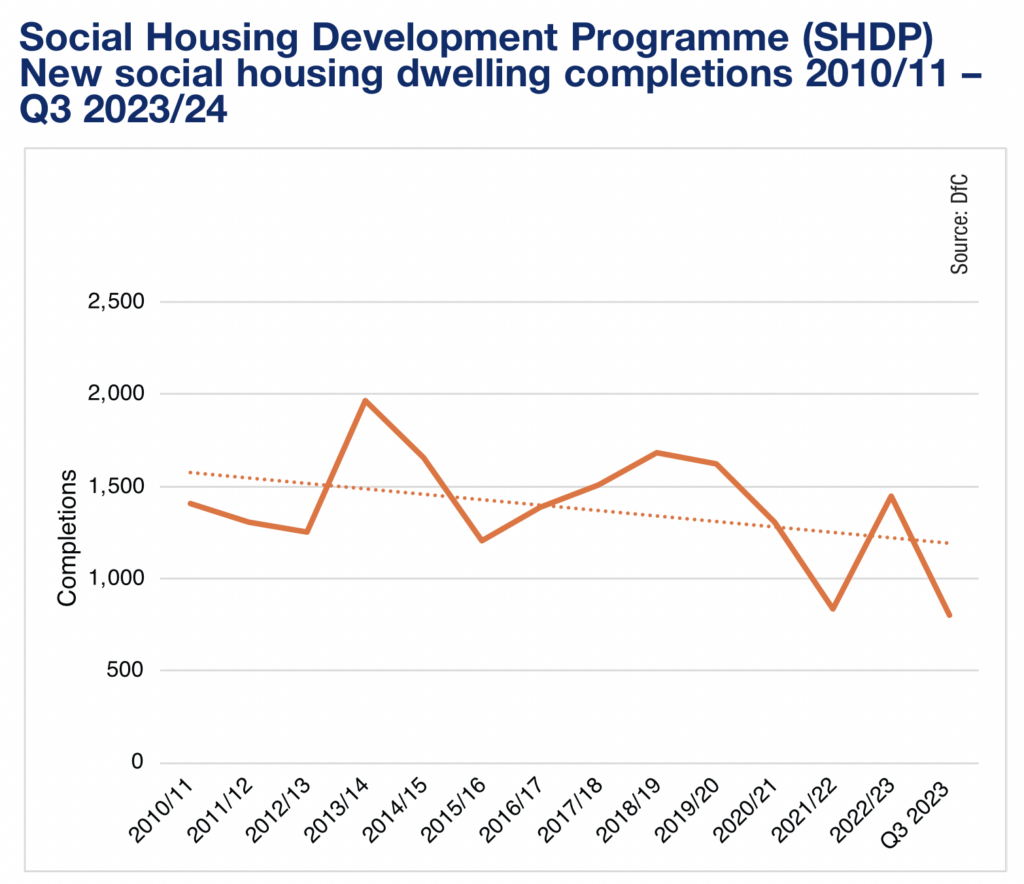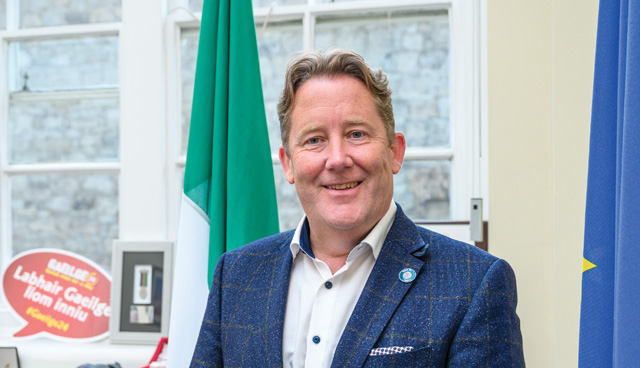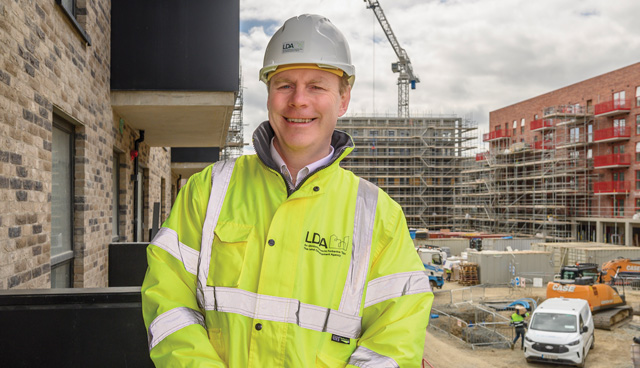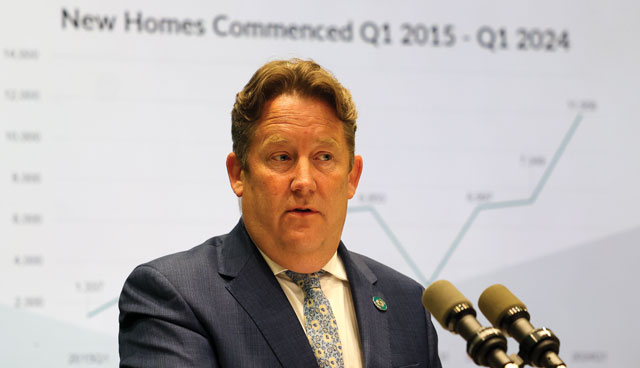
Oaklee publishes updated corporate strategy and announces rebrand
3rd July 2024
MMC Homebuilding: A new approach to temporary housing for Ireland
3rd July 2024North’s housing supply strategy could be approved ‘fairly quickly’
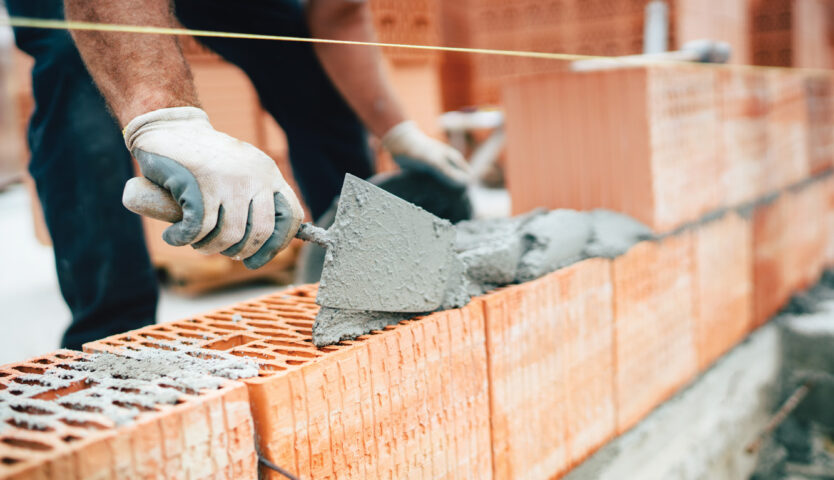
A long-term strategy to relieve housing stress in Northern Ireland which narrowly missed out on Executive approval, remains in “good shape” and could be approved quickly, MLAs have been told.
Answering questions before the Northern Ireland Assembly’s Committee for Communities, the Department’s senior official with responsibility for housing, Mark O’Donnell, said that while he did not want to be over confident, he believed that the draft Housing Supply Strategy, initially due to be published in March 2022, could be taken to the Executive “fairly quickly”.
Preparatory work for the Strategy, which plans to deliver over 100,000 new homes by 2037, began back in 2020. Initially delayed due to the Covid-19 pandemic, finalisation of the draft strategy coincided with the collapse of the Stormont institutions, meaning it has yet to receive Executive approval.
Within the 100,000 home target at least a third are set to be social homes, prompting calls for the strategy to be prioritised by the Executive amid rising levels of housing stress in Northern Ireland.
At the end of 2023, there were 46,461 applicants on the social housing waiting list, 34,651 of whom are deemed in housing stress, a 7 per cent increase on Q4 2022. Increasing the social housing stock is recognised as a critical part of addressing this challenge.
If agreed by the Executive, the new Housing Supply Strategy would require delivery of an estimated 2,222 new social housing units per year.
Recent social housing targets set by the Department for Communities average below 2,000 units per year. The Social Housing Development Programme set a target of delivery of 1,950 social housing starts, and 1,400 social housing completions for the 2022/23 year.
Recently released figures show that housing associations narrowly exceeded those targets, completing 1,449 homes across 82 schemes, while starting work on 1,956 new homes. However, targets for the current 2023/24 year have been reduced, and concerns have been raised that a proposed 38.2 per cent cut in the capital funding available for the Department for Communities could see only 400 new starts funded in 2024/25.
The most recent annual budget, set by the Secretary of State in the absence of a functioning Executive, the Department recognised a 27 per cent shortfall in capital required for 2023/24.
O’Donnell, the Deputy Secretary of Housing and Sustainability, attended the Communities Committee alongside Permanent Secretary for the Department, Colum Boyle. In an opening address to committee members, Boyle laid out the “incredibly challenging” budgetary position for the Department in recent years, but stressed that housing was a main priority for the new Minister Gordon Lyons MLA.
One potential sticking point is that the Housing Supply Strategy was drafted on the assumption that the Executive would publish and operate a multi-year budget. A squeeze on public finances raises doubts over whether ambitions of the strategy will be fully funded.
The draft Housing Supply Strategy sets out a vision that “everybody has access to a good quality, affordable and sustainable home that is appropriate for their needs and is located within a thriving and inclusive community”, acknowledging that the adoption of a whole-system approach can ensure inclusive transformation of supply.
Rising levels of homelessness, coupled with a social housing waiting list in excess of 45,000, the vast majority of which are in housing stress, has been compounded by inflationary pressures on supply, rising rents, and an acknowledgement that current housing stock is not reflective of the changing needs of the population.
The draft Housing Supply Strategy is centred on five key objectives:
- Creating affordable options: Increase supply across all tenures and establish new intermediate products;
- Prevention and intervention: Developing a holistic approach to housing provision, including wraparound and support services;
- Quality: A comprehensive review of fitness standards;
- Better places: New approaches to place-making; and
- Decarbonisation: Working with housing providers to ensure new build homes are net zero carbon by 2026/27.
The return of the Executive has reenergised calls for inclusion of a standalone strategic housing outcome in any future Programme for Government. The New Decade, New Approach deal to restore power sharing in 2020 included a pledge to include housing as a specific priority in the Programme for Government (PfG), however, no such PfG was developed prior to the subsequent collapse.
At the end of February 2024, new First Minister Michelle O’Neill and deputy First Minister Emma Little-Pengelly MLA told the Executive Office Committee that the Executive was focused on bringing forward a PfG “as soon as possible”.
Undoubtedly, a critical element of an increase in Northern Ireland’s social housing supply will be progression of plans to revitalise the Housing Executive, including the reduction of prohibitive barriers for the organisation to borrow, and therefore build new social homes.
Speaking in late February 2024, O’Donnell said that officials in the Department were set to meet with the Minister to discuss “the pressing need” to address the huge levels of investment needed in the Housing Executive’s some 82,000 stock.
He added that discussions with the UK Treasury are ongoing around the budgeting treatment of the Housing Executive’s borrowing and the impact on public finances.

